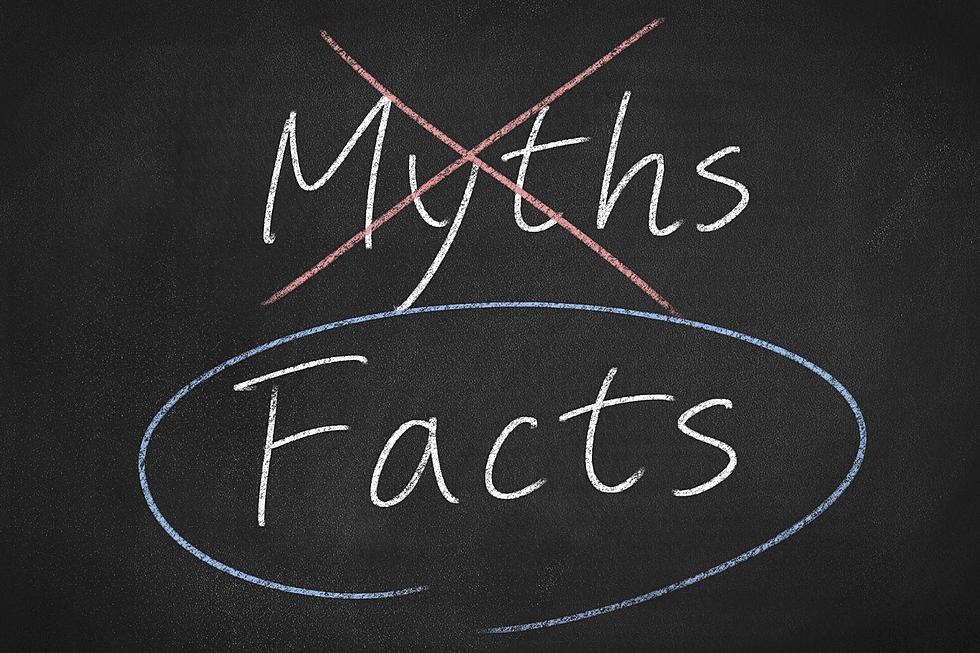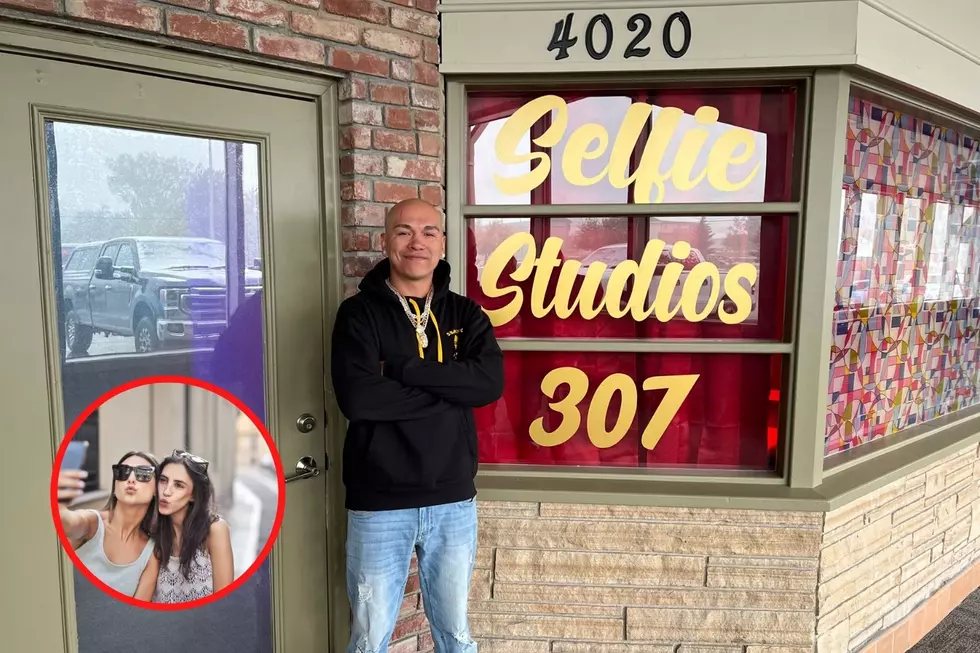
Casper: Do You Fact Check Before Sharing on Social Media?
Sometimes having the wealth of all human knowledge, literally at your fingertips, can be both a blessing and a curse.
The negative side, there's always someone or something spreading lies using the internet. Whether it's for clickbait, as a joke or maybe it's just from an evil person that wants to watch the world burn, who knows? But there is a plethora of false information being shared by the second.
On the plus side, it only takes a matter of a few seconds to find out a pretty accurate response, even to the most mundane questions. If it's something major, you can still find a factual answer in mere minutes and from multiple, reputable sources.
Maybe that's why it baffles me that so many people are quick to share false information, and I'm speaking specifically about Casper and Wyoming as a whole.
Now let's be clear, I'm not only talking about politics, COVID-19, vaccinations and conspiracy theories. I'm also talking about little things, like death hoaxes, fake movie posters, etc.
Normally the first thing I do if I see something that seems to good to be true or even if I get a Peter-tingle (a.k.a. Spider-Man's early warning seventh-sense, also referred to as his "Spidey-sense"), I head straight to Google to double check.
I'll admit, there are two main reasons I fact check almost everything. It partially has to do with the that fact that I grew up without the internet, at all! If I wanted to check the accuracy of something, I had to literally go to the library and do some serious research. But because of the lack of the internet, I believed two very convincing falsehoods for decades:
- The CEO of Proctor and Gamble (the company that makes everything from Charmin to Tide to Crest to Febreeze and everything in between), worshipped the devil and donated 10% of his annual earnings to the Satanic church.
- Clothing designer, Tommy Hilfiger, said some very racists comments about minorities buying and wearing his brands.
For almost 30 years I believed the first lie, all because of letter that was sent to my church in the early 1990s. The second one I believed for at least 2 decades, and that one was from word of mouth, while I was in Japan.
Those two hoaxes and the believable nature behind them, is why I take next to nothing, especially on social media at face value. I'm double and sometimes even triple checking, before I not only believe something, but definitely before I hit that share button.

While it may seem like I'm being judgmental, I did do some research and found a study conducted by Scientific American that revealed most people don't actively share false information on purpose. There are other factors involved. The study stated:
Our research finds that most people do not wish to share inaccurate information (in fact, over 80 percent of respondents felt that it’s very important to only share accurate content online) and that, in many cases, people are fairly good (overall) at distinguishing legitimate news from false and misleading (hyperpartisan) news. Research we’ve conducted consistently shows that it’s not partisan motivations that lead people to fail to distinguish between true and false news content, but rather simple old lazy thinking. People fall for fake news when they rely on their intuitions and emotions, and therefore don’t think enough about what they are reading—a problem that is likely exacerbated on social media, where people scroll quickly, are distracted by a deluge of information, and encounter news mixed in with emotionally engaging baby photos, cat videos and the like.
I get it. It does take extra steps to verify information, but in my humble opinion, it's better to take the necessary steps to make sure we aren't adding to an already global issue.
The 10 Commandments of Casper, WY
UP NEXT: Top 11 Absolute WORST Parking Lots in Casper
More From AM 1400 The Cowboy









